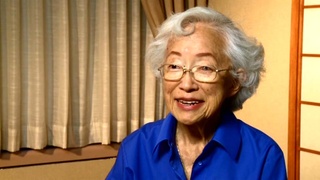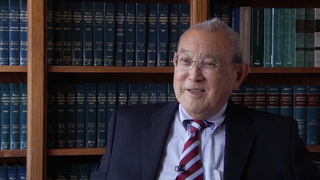Interviews
Experiencing discrimination as a child
It was Easter, and I had another friend in school that I wanted her to come to Easter service. So she said, “Okay. That’d be fine.” So my mother drove me to her house to pick her up for Easter. And I had a nice Easter dress on and went over to her house, knocked on the door. And she opened to the door, and she was still in her play clothes. And she looked very sad. “Aren’t you coming to church with me?” And she said, “I can’t. My mother won’t let me.” And I said, “What?” And she started to cry and said, “I’m so sorry. My mother’s crazy. She thinks that I might end up marrying Japanese just like you.” Sixth grade—how am I supposed to digest all that information? And all of sudden, she said, “I’m so sorry. I’m so sorry. I can’t go.” And then the door closed. I had to collect my wits. And going “Oh gosh. I got to go back to the car.” And mom’s gonna ask me, well, where’s Janice? “She’s sick.” That’s all I said. Went to church and just kind of denied that whole incident.
Date: January 26, 2005
Location: California, US
Interviewer: Art Hansen, Sojin Kim
Contributed by: Watase Media Arts Center, Japanese American National Museum











